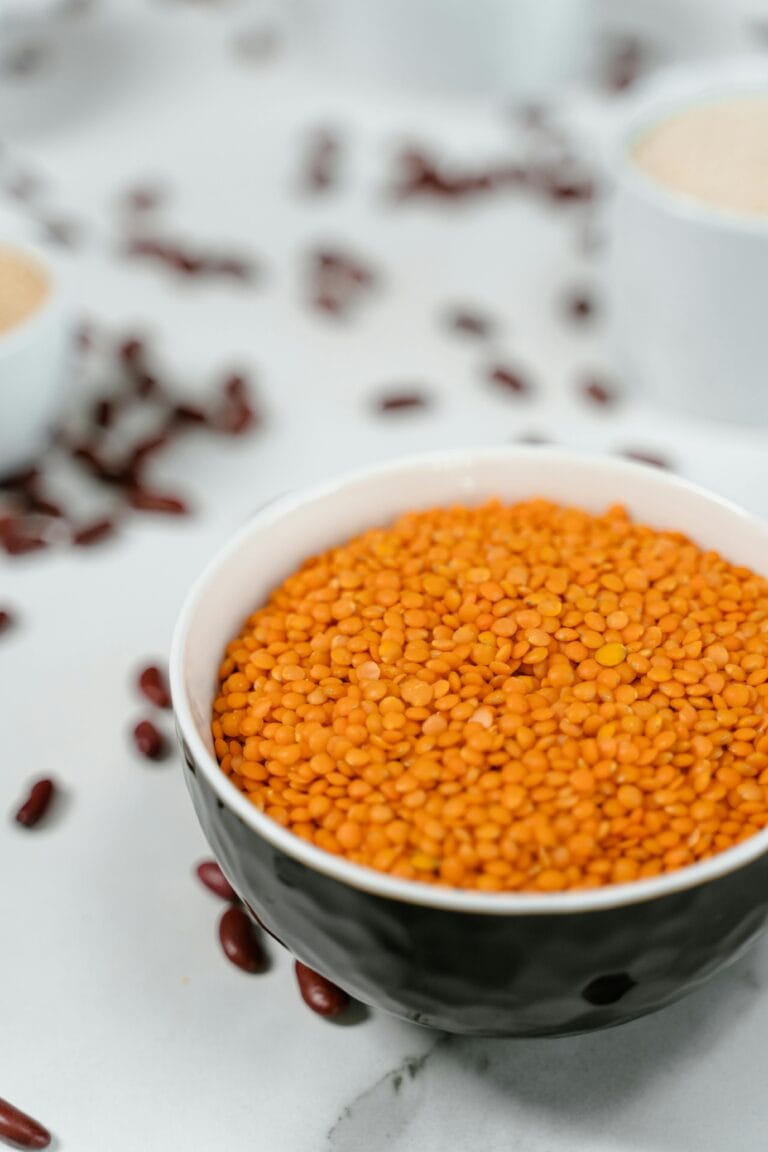The Nutritional Profile of Cantaloupe
Cantaloupe, also known as muskmelon, is a nutrient-rich fruit that offers various health benefits. One of its most significant attributes is its impressive vitamin content. Cantaloupe is particularly high in vitamin A, which plays a crucial role in maintaining healthy vision, immune function, and skin health. This vitamin is present in the form of beta-carotene, which gives the fruit its vibrant yellow-orange hue.
Another essential vitamin found in cantaloupe is vitamin C. This potent antioxidant contributes to collagen synthesis, boosts the immune system, and aids in the absorption of iron. A single serving of cantaloupe can provide a substantial portion of the recommended daily intake of vitamin C, making it a valuable addition to a balanced diet.
In addition to these vitamins, cantaloupe is a good source of potassium, a mineral that is vital for heart health and helps regulate blood pressure. Potassium also supports muscular function and aids in preventing muscle cramps, making cantaloupe an ideal snack for those engaging in physical activities. Moreover, the fiber content in this fruit promotes digestive health, helping to prevent constipation and maintain a healthy gut.
One of the most appealing aspects of cantaloupe is its low-calorie nature. With approximately 34 calories per 100 grams, it is an excellent choice for those seeking to manage their weight. The high water content in cantaloupe, around 90%, further aids in hydration, making it a refreshing option during warmer months.
With its combination of vitamins, minerals, antioxidants, and low-calorie count, cantaloupe can easily fit into various dietary needs, supporting overall health and wellness. Whether enjoyed alone, in salads, or blended into smoothies, cantaloupe is a delicious and nutritious choice.
Health Benefits of Cantaloupe
Cantaloupe, also known as muskmelon, is not only a delicious and refreshing fruit but also a powerhouse of health benefits. One of the most significant advantages of consuming cantaloupe is its high vitamin A content, which plays a crucial role in promoting skin health. This vitamin is essential for maintaining skin integrity and can help in reducing signs of aging, making the skin look more vibrant and youthful. Regular intake of cantaloupe can ensure adequate levels of vitamin A, fostering a healthy complexion.
Moreover, cantaloupe is rich in dietary fiber, a factor that contributes to improved digestion. The presence of fiber helps maintain regular bowel movements and can prevent issues such as constipation. Including cantaloupe in your diet may aid in creating a well-rounded digestive system, promoting overall gastrointestinal health.
Another notable benefit of cantaloupe is its hydrating properties. This fruit is composed of approximately 90% water, making it an excellent choice for hydration, especially during warm weather. Staying hydrated is vital for kidney health, as it supports the kidneys’ ability to filter waste products from the blood efficiently. A well-hydrated body can lead to healthier kidney function and overall well-being.
Recent studies have highlighted other potential health benefits associated with cantaloupe consumption, including its effects on immunity and heart health. The fruit is packed with antioxidants, which may help in combating oxidative stress and supporting the immune system. Additionally, the low calorie count of cantaloupe combined with its high nutrient density makes it an excellent option for those looking to lose weight while still enjoying a fulfilling snack. Incorporating cantaloupe into your daily diet can provide a multitude of health benefits while remaining a flavorful addition to meals and snacks.
Ways to Incorporate Cantaloupe into Your Diet
Cantaloupe is a versatile and nutritious fruit that can easily be included in various meals and snacks throughout the day. One of the simplest ways to enjoy cantaloupe is fresh, either sliced or cubed, making it a perfect addition to fruit salads. A mixed fruit salad featuring cantaloupe, berries, and bananas not only offers a colorful presentation but also provides a rich source of vitamins and hydration.
Additionally, integrating cantaloupe into smoothies can create a refreshing drink packed with flavor. Combining cantaloupe with spinach, yogurt, and a splash of orange juice produces a nutrient-rich beverage that is particularly appealing on warm days. The natural sweetness of cantaloupe complements savory dishes as well; try adding it to salsa by mixing diced cantaloupe, tomatoes, red onion, jalapeño, and cilantro for a fragrant side dish. This combination provides a unique twist on traditional salsa while adding a healthy vitamin kick.
Beyond fresh consumption, cantaloupe can be utilized in unique dessert recipes. For instance, one can create a cantaloupe sorbet by blending pureed fruit with a touch of honey and lime juice, then freezing it until firm. This dessert is a delightful way to enjoy the fresh taste of cantaloupe while keeping caloric intake in check. When considering compatibility, cantaloupe pairs well with a host of flavors, including mint, citrus, and even prosciutto, making it an ideal ingredient for various culinary creations.
Proper storage is essential to maintaining the freshness of cantaloupe. It is advisable to keep whole cantaloupes at room temperature and once cut, store any leftover pieces in the refrigerator, ideally in an airtight container. By incorporating cantaloupe into daily meals, whether through smoothies, salads, or inventive recipes, one can reap its health benefits while enjoying its delicious flavor.
Cantaloupe in Popular Cultures and Culinary Traditions
Cantaloupe, a vibrant yellow-orange fruit, has found a significant place in various cultures and culinary traditions around the globe. Its sweet and refreshing flavor, coupled with numerous health benefits, particularly its vitamin A and C content, makes it a popular choice in many cuisines. In Mediterranean regions, cantaloupe is not only enjoyed fresh but is also often paired with prosciutto, creating a delightful contrast of flavors that has become a staple in summer gatherings.
In Asian cultures, the fruit is frequently incorporated into salads, desserts, and drinks. For instance, in parts of Southeast Asia, cantaloupe is blended into smoothies or served with a sprinkle of salt and chili powder, elevating the fruit’s inherent sweetness. Traditional uses of cantaloupe may vary, but the essence of enjoyment remains consistent; it is celebrated for its hydrating properties and vibrant taste.
Seasonal celebrations often feature cantaloupe, particularly in summer festivals where freshness and local produce are embraced. For example, farm markets across North America herald the arrival of cantaloupe season, where residents partake in tastings and cooking demonstrations that showcase the fruit’s versatility. As culinary practices evolve, so do the applications of cantaloupe in modern cuisine. Health-focused diets are increasingly embracing cantaloupe due to its low calorie count and high nutritional value, positioning it as a desirable ingredient in smoothies, salads, and even main courses.
Gourmet chefs are also exploring innovative ways to incorporate cantaloupe into their dishes. It can be found in sauces, salsas, and sorbets, showcasing its adaptability while enhancing dishes with its distinct flavor profile. The enduring popularity of cantaloupe, colored by various cultural interpretations and modern adaptations, highlights its significance in both traditional and contemporary culinary landscapes.







